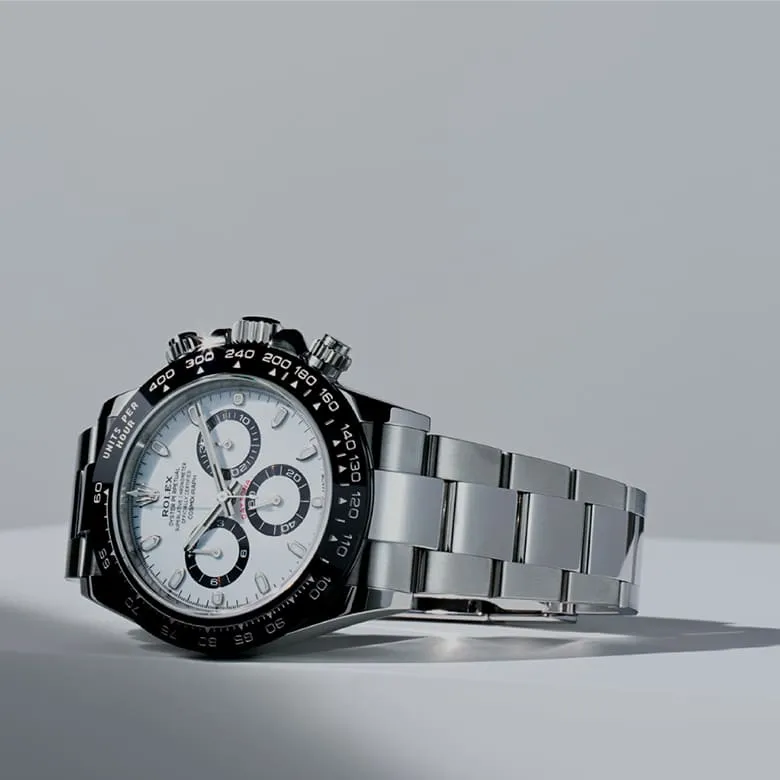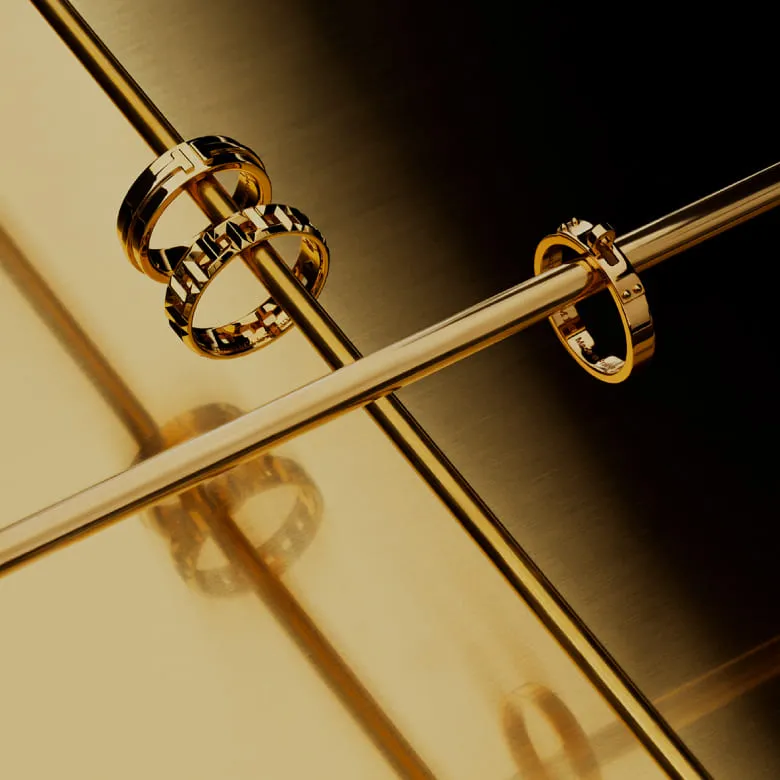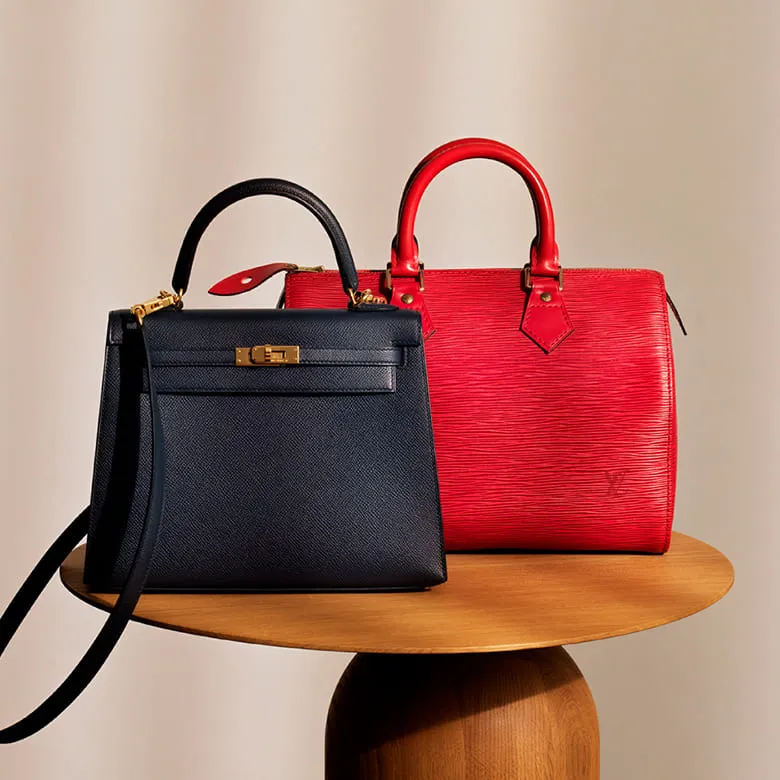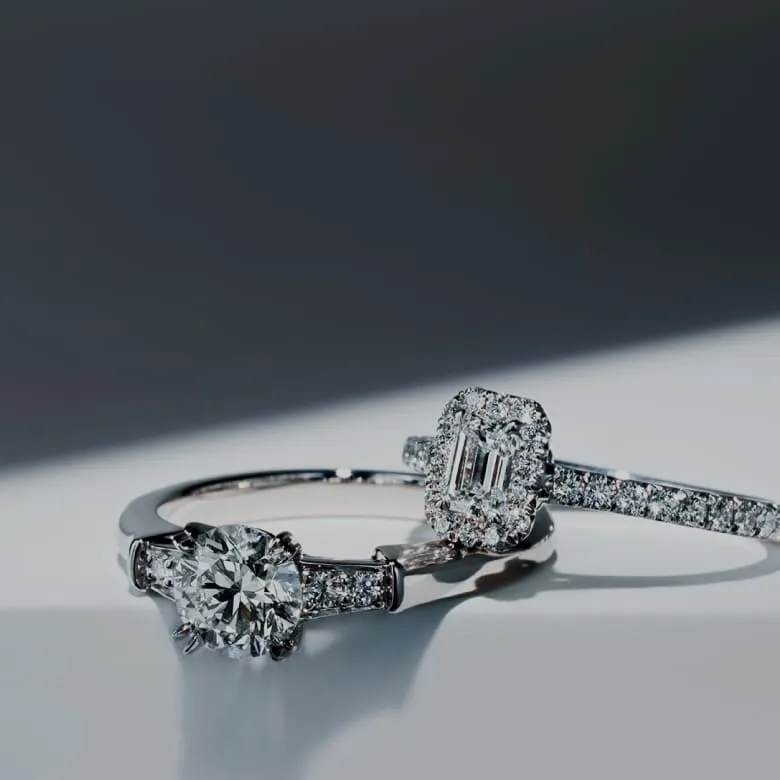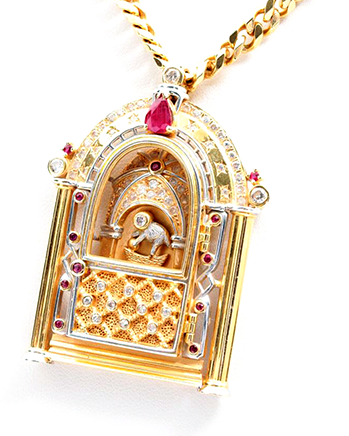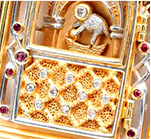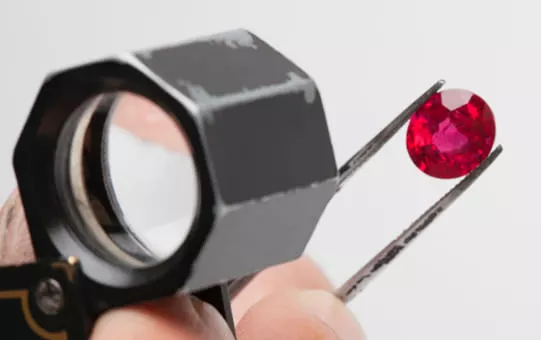SELL YOUR GOLD FOR IMMEDIATE PAYMENT
We buy gold in all forms: coins, jewelry, ingots… at competitive prices!
Immediate payment without commission
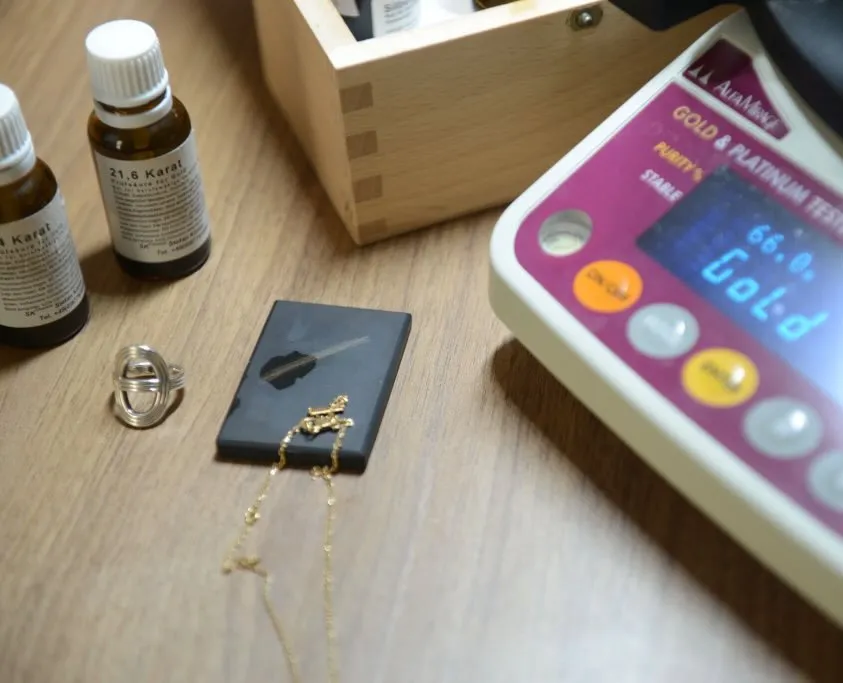
Gold prices are rising, which means your jewelry, coins, or bullion could be worth more than before. Now might be the perfect time to sell. At ALLU, you can take advantage of this trend with immediate payment for your items.
We buy gold and precious metals in all forms — whether it’s jewelry, accessories, coins, or bullion, even if damaged, in small or large quantities.
Get in touch with us today to have your items evaluated and make the most of this opportunity.
The price of gold per gram continues to reach historical highs due to the current situation of the world, in particular, the U.S. economy. If you have gold items or jewellery you plan to part with, now is the time to sell while prices are at an all-time high. Everyone wants to sell their precious gold ingots, rings, necklaces, and other jewellery at the highest price possible. If you are looking for a trustworthy luxury goods buyer, please take advantage of our services at ALLU. Our professional Value Designers with extensive experience and expertise in gold appraisals strive to provide the most competitive offers.
Our market price ALLU : gold and precious stones
Gold and Precious Metals Market Price
*Updated:
Daily Market Price *Per Gram
| Gold 24K |
€
|
|---|---|
| Platinum |
€
|
| Silver |
€
|
Gold Market Price
| 24K |
€
|
14K |
€
|
|---|---|---|---|
| 22K |
€
|
10K |
€
|
| 21.6K |
€
|
9K |
€
|
| 20K |
€
|
18KWG |
€
|
| 18K |
€
|
14KWG |
€
|
Platinum Market Price
| Pt1000 |
€
|
Pt900 |
€
|
|---|---|---|---|
| Pt950 |
€
|
Pt850 |
€
|
Silver Market Price
| Sv1000 |
€
|
Sv925 |
€
|
|---|
Gold market price charts
Gold Market Price Chart
24K Ingot (Per Gram)
Gold: Gold price calculator
Gold Market Price Simulation
Grade
Weight
Market Selling Price
- - Precautions Regarding Selling Gold and Precious Metals -
- *If the item's grade is unknown, we may ask you to leave the product with us temporarily to allow us to examine it accurately.
- *Due to the influence of the gold and platinum market, prices may fluctuate even within the same day.
- *Once sold, items will not be returned.
ABOUT ALLU

Founded in Japan

Stores in 17 countries.
Japan, France, Singapore, Hong Kong etc.

Employees
Value Designers in Paris
items appraised all categories included
Member of the foundation since 2022
THEY CHOOSE TO TRUST US - CLIENT REVIEWS
HOW TO SELL IN 3 EASY STEPS
Contact us via WhatsApp or by phone to sell your luxury articles at ALLU.
Choose your most convenient way to sell : sell at store, sell from home or by delivery.
Our experts will assess your items and make you an offer. Payment by instant transfer for any purchase under 3000 euros, and by classic bank transfer
within 48 hours for higher amounts.
OUR EXPERTS
Our experts rely on purchase history, the current global demand in the pre-owned luxury market, and a network of 190 buying offices worldwide. With 15 years of experience in the field, we showcase our expertise, affiliation with a leading japanese group, and the extensive number of purchasing offices and experts.

Thibault

Timoléon
Sell your luxury articles in our different offices in Paris
ALLU Nice
3th floor of the Regus office, 81 rue de France, Nice, FranceALLU Passy Plaza
On the first floor of the shopping center, rue de l'Annociation entrance, 53 rue de Passy, 75016 Paris, FranceFaubourg Saint-Honoré Shop
3 Rue du Faubourg Saint-Honoré 2ème étage, 75008 Paris, France
Luxury Articles We Buy Back
Watches, jewelry, bags, wallets, accessories, clothing, shoes, antiques, gold and precious metals. For other items, please contact us for details.
How to Sell
How to Sell Luxury Goods at ALLU
Selling Gold Guide (By Grade)
| Grade | Purity | Hallmark | Popular Items | Characteristics |
|---|---|---|---|---|
| 24-Karat | 99.9%~100.0% | FINE GOLD / 24K / 999.9 / 1000 / Au1000 | Ingots Coins |
Minimal to no mixture with other metals so it does not oxidize or corrode. |
| 22-Karat | 91.7% | 22K / 916 / Au916 | Necklace Centerpiece Fountain Pen |
Used in fabricating products due to its high purity and versatility. |
| 18-Karat | 75% (25% Mixed Metals) |
18K / 750 / Au750 / 18KT / 18KP | Necklaces Rings |
The gold is soft and often used in jewellery. |
| 14-Karat | 58.5% (41.5% Mixed Metals) |
14K / 585 / Au585 / 14KT / 14KP | Earrings Brooches |
The gold is more solid due to a lower purity. However, it lacks shine. |
| 10-Karat | 42% (58% Mixed Metals) |
10K / 416 / Au416 | Necktie Pins Bracelets |
Hard gold material which prevents the surface from being easily scratched. |
Q&A
ALLU Frequently Asked Questions
-
What is the redemption price of gold?
ALLU invites you to consult the current repurchase prices per gram of gold. Follow gold and precious metals prices to get the best deals. For more details, see our table "Gold and Precious Metals Prices" below.
-
Who buys gold best?
ALLU offers you the best conditions for repurchasing your gold. Thanks to our expertise and transparency, we ensure accurate valuations and fair prices based on current market prices for gold and precious metals. If you are looking to sell your gold with confidence and get a suitable offer, ALLU is your best choice. Contact us today for direct redemption and immediate payment. ALLU buys your luxury items and accessories: bags, watches, jewelry, gold items and others precious metals. ALLU buys your items in small and large quantities in Paris in its office at Saint-Honoré, Passy Plaza or Boulogne-Billancourt. Take appointment today in one of our purchasing offices! ALLU buys back your gold even in poor condition and your precious metals (white gold, platinum, etc.).
-
How do you decide the selling price of gold, platinum and other precious metal accessories?
The selling price of precious metals such as gold and platinum is determined according to the 'market price', which is set on a daily basis.
We measure the items you bring to us and derive the appraisal value based on the market price x weight. However, in some cases, if the item possesses an exceptional design as jewellery, we may consider the additional value. -
My gold/precious metal does not have any engravings. Can I still get it appraised and sell it?
We can evaluate the item, and if we are able to determine that it is gold, we can purchase it. However, please understand that it may take us some time to check the ratio and other details of the precious metal in question, and there may be cases where we can not proceed with a transaction due to the evaluation.
-
Can I sell broken items such as broken necklaces, rings with missing stones, or earrings with one pair missing?
We will evaluate the item(s) in question, and if we can determine they are made of precious metals, we can make an offer for them.
What We Buy at ALLU
-
Gold and Precious Metals
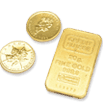
-
Watches

-
Brand Bags

-
Brand Wallets
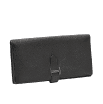
-
Jewellery
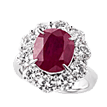
-
Accessories

-
Antiques
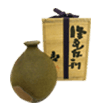
-
Brand Clothing

■ Luxury Articles We Buy Back
Watches, jewelry, bags, wallets, accessories, clothing, shoes, antiques, gold and precious metals. For other items, please contact us for details.
ALLU Offers Much More than High Selling Prices!

Reliable, credible, and trustworthy appraisals

Our staff undergo thorough training under the tutelage of specialists in various fields, such as watches and jewellery, that allow us to provide the most accurate, detailed, and credible appraisals. We conduct periodic in-house tests to ensure our employees maintain their expertise and develop new skills. As professionals, we constantly strive to improve our skills to provide the most competitive appraisals.

Focus on providing high-quality customer service

We make the selling process as simple as possible, and our staff ensures that our customers understand and are satisfied with each appraisal.

We purchase a wide variety of items and brands
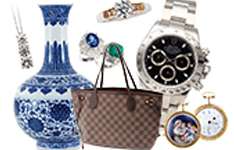
We cater for an extensive range of items and brands and actively consider items in all conditions, even items our competitors may refuse to buy.

No selling quantity or price limits

For customers with large amounts or significantly expensive items, we buy and pay on the day without any limits in quantity or value.

Quick and easy appraisals

Through our expert proficiency and globally vast product data collection, we provide speedy appraisals with minimal waiting time.

Stress-free and private spaces

We strive to create the most stress-free selling experience with store spaces designed to ensure comfort and privacy.

Conveniently located stores
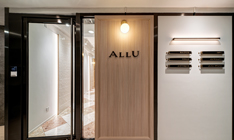
ALLU stores are located in central areas for convenient access. Feel free to stop by while shopping or on the way home.
Sell your luxury articles in our different offices in Paris

ALLU Nice
3th floor of the Regus office, 81 rue de France, Nice, France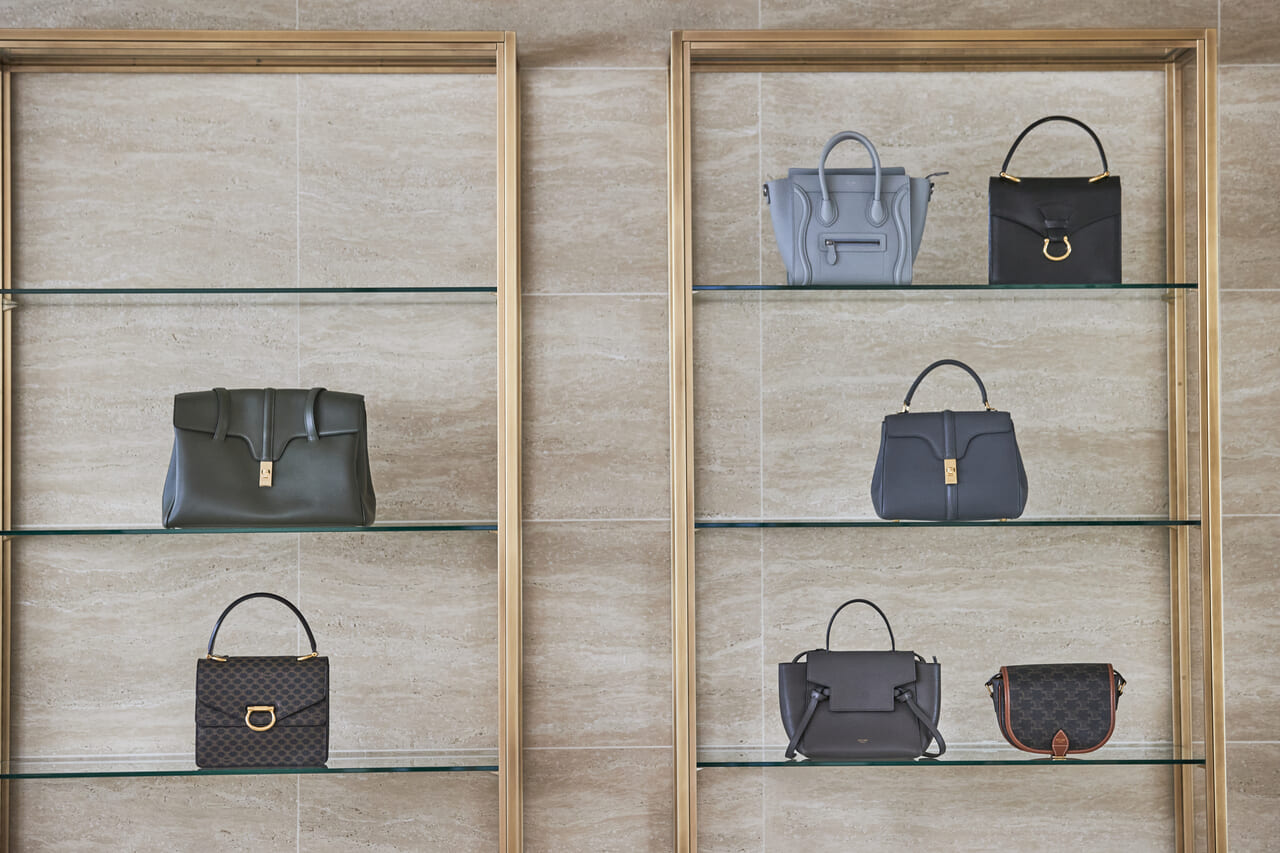
ALLU Passy Plaza
On the first floor of the shopping center, rue de l'Annociation entrance, 53 rue de Passy, 75016 Paris, France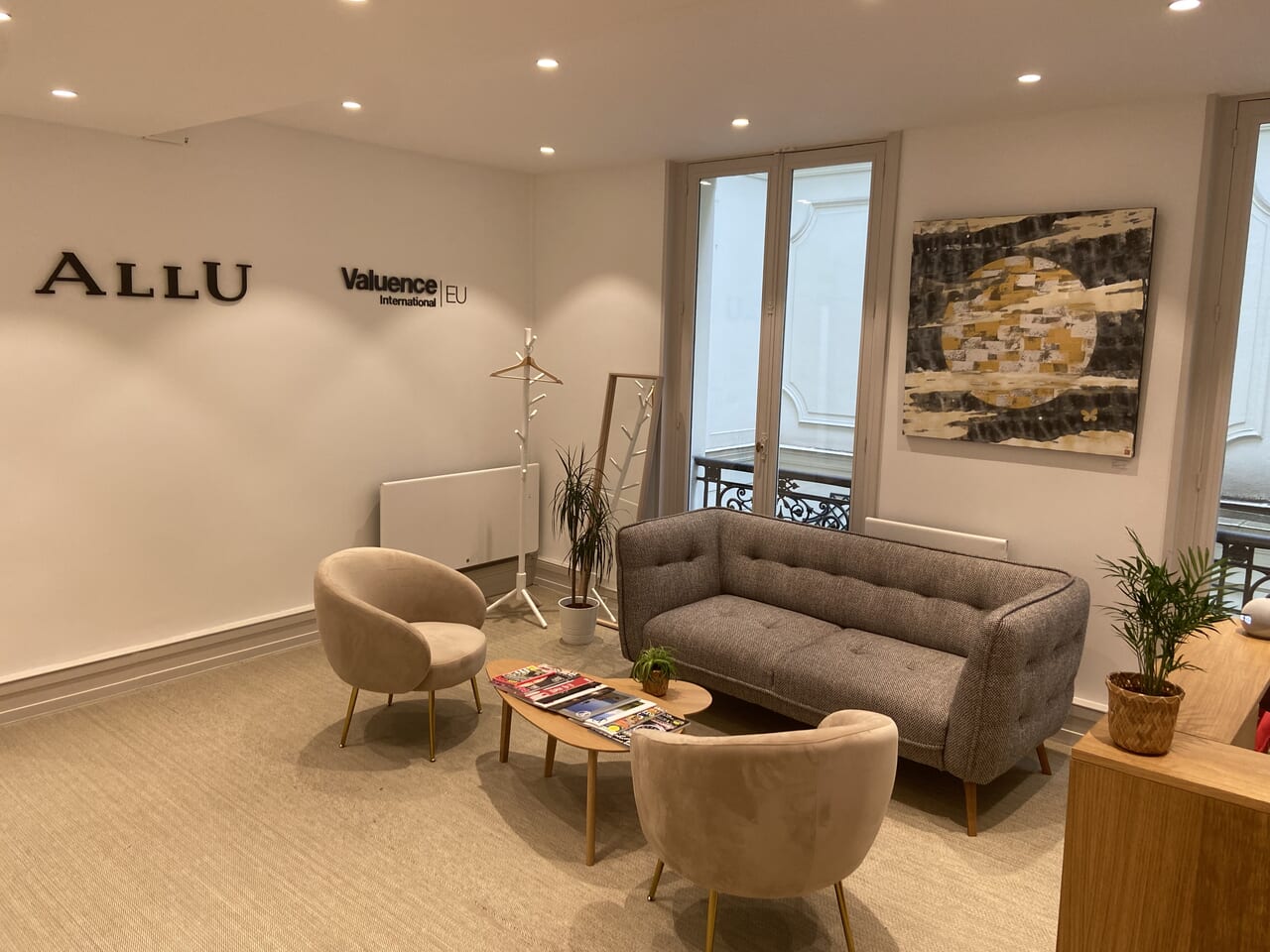
Faubourg Saint-Honoré Shop
3 Rue du Faubourg Saint-Honoré 2ème étage, 75008 Paris, France
You Only Need an I.D. to Sell at ALLU!
- Driver's Licence
- Passport
- Only one of the above forms of identification is required.
- We can not buy items from customers under the age of 18 years old.
- We do not accept identification documents that are expired or out-of-date.
- Corporate customers follow the same selling process as individual customers. No additional documentation is required.
Sell Your Gold, Platinum, and Silver at ALLU
Gold by Grade
Gold by Accessories
Other Gold Items
We also purchase other gold, platinum, and silver items than those listed above. We welcome all items, even from 1 gram!
ALLU Frequently Asked Questions
How do you decide the selling price of gold, platinum and other precious metal accessories?
We measure the items you bring to us and derive the appraisal value based on the market price x weight. However, in some cases, if the item possesses an exceptional design as jewellery, we may consider the additional value.
My gold/precious metal does not have any engravings. Can I still get it appraised and sell it?
Can I sell broken items such as broken necklaces, rings with missing stones, or earrings with one pair missing?
How long does it take for an appraisal at the store?
Do scratches and stains affect the selling price?
In the case of ingots, depending on their condition, they may be treated as scrap, which may significantly affect the selling price. For other precious metal products, we will have to actually observe the item in question before making a decision.
Can I sell old coins and foreign gold coins?
Some commemorative and foreign gold coins have a premium value, as they are hard to obtain due to their small circulation. If you bring such gold coins to us, they may be worth more than ordinary precious metals.
When is the best time to sell gold and precious metals?
However, the market price of gold and precious metals fluctuates daily, so it is very important to notice the timing when the market price is high.
Is the selling price different for ingots and gold jewellery?
Ingots have their own values and prices: we can make an offer at the ingot price if the brand is recognised in our regulations. On the other hand, even if it is 24-karat gold, gold jewellery is treated as scrap, so that the price will be slightly lower.
Is there a difference in selling price between ingots with and without engraving?
